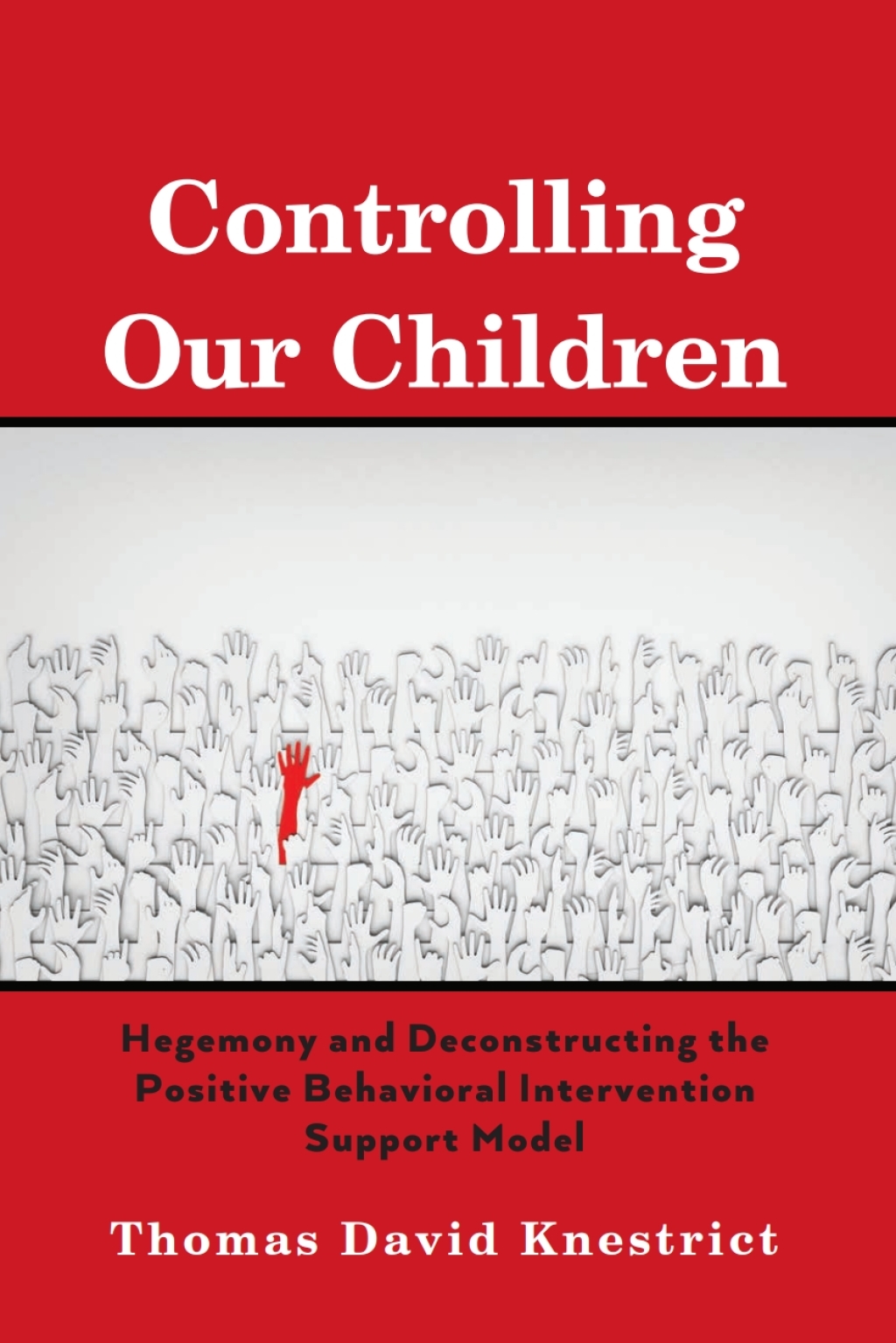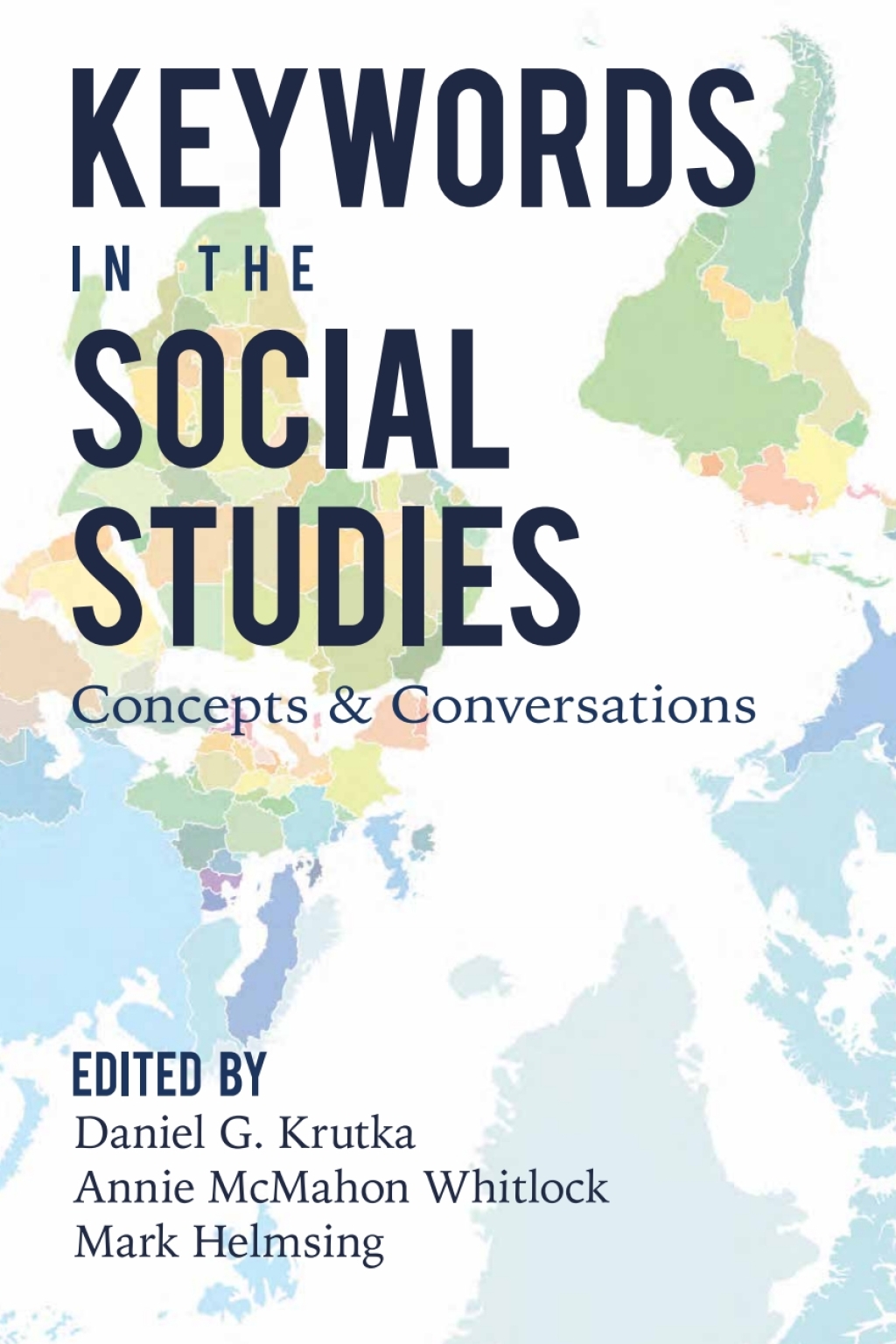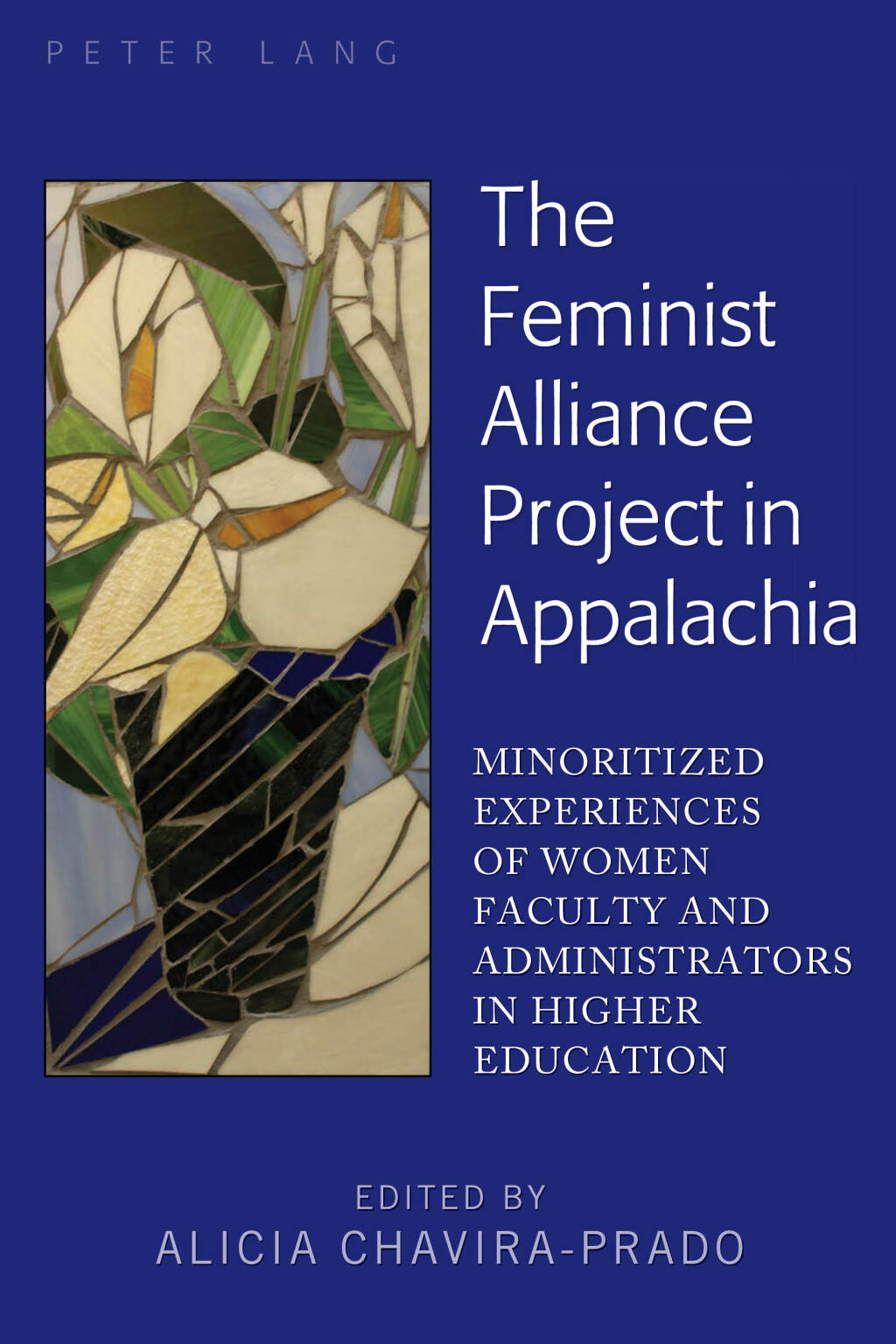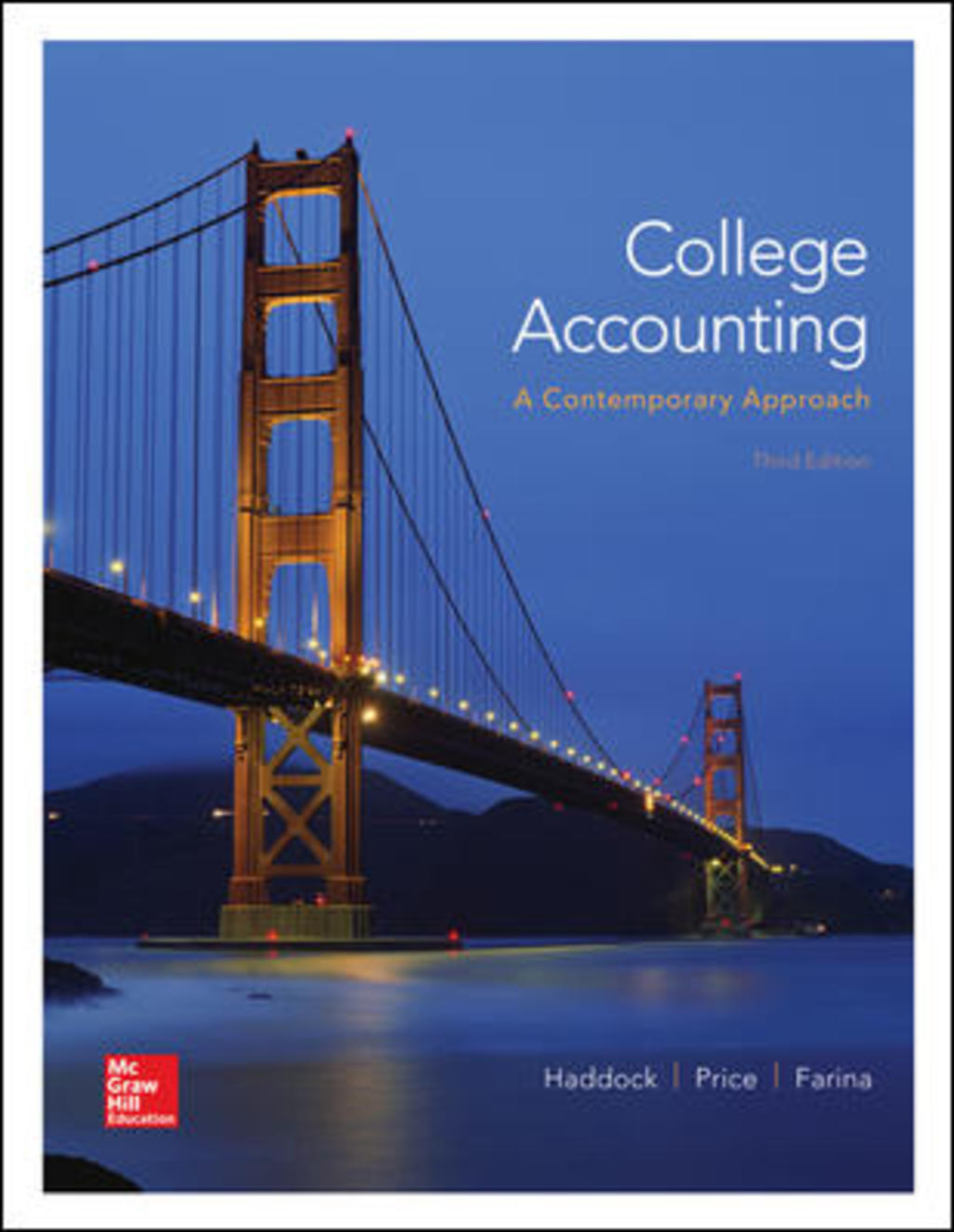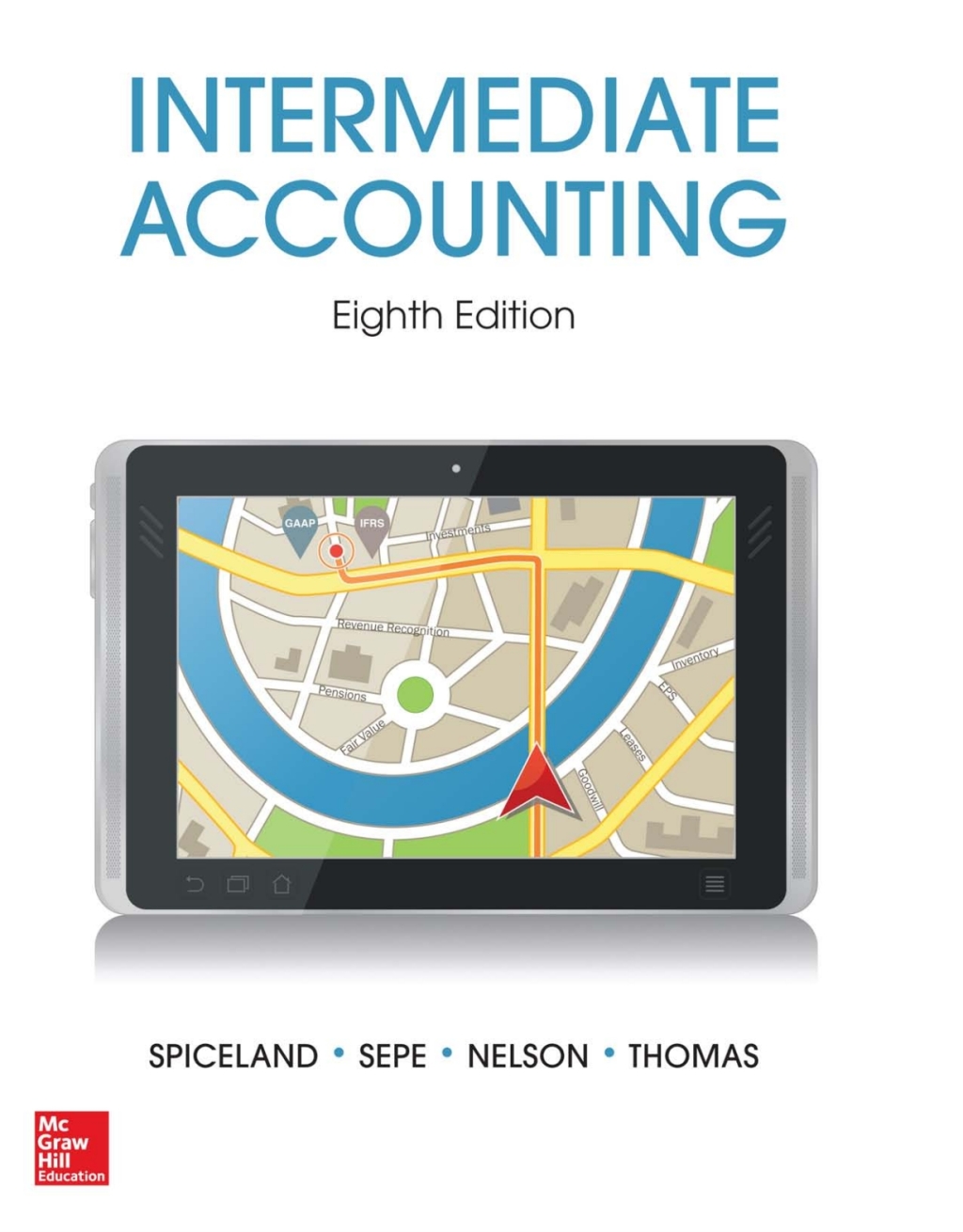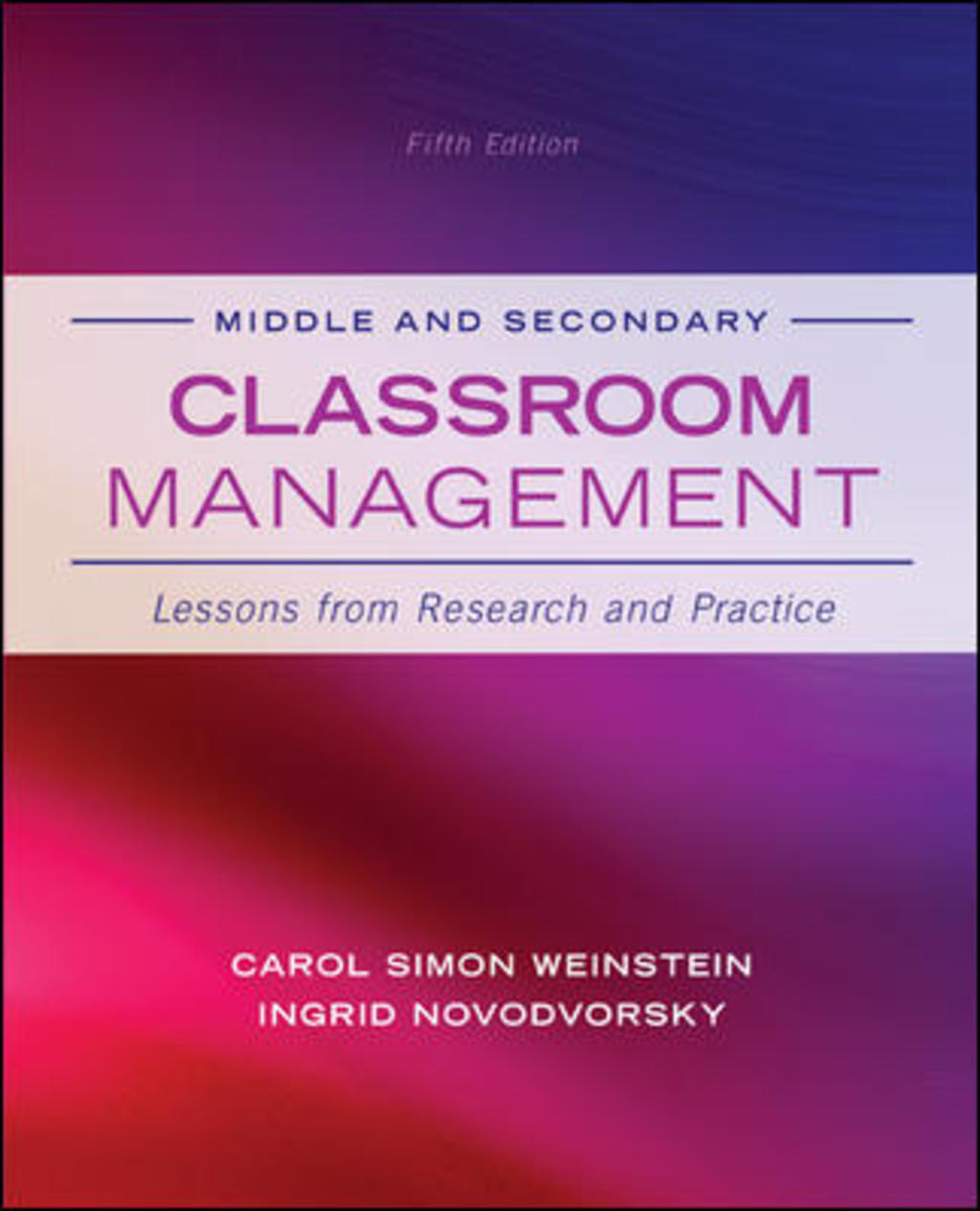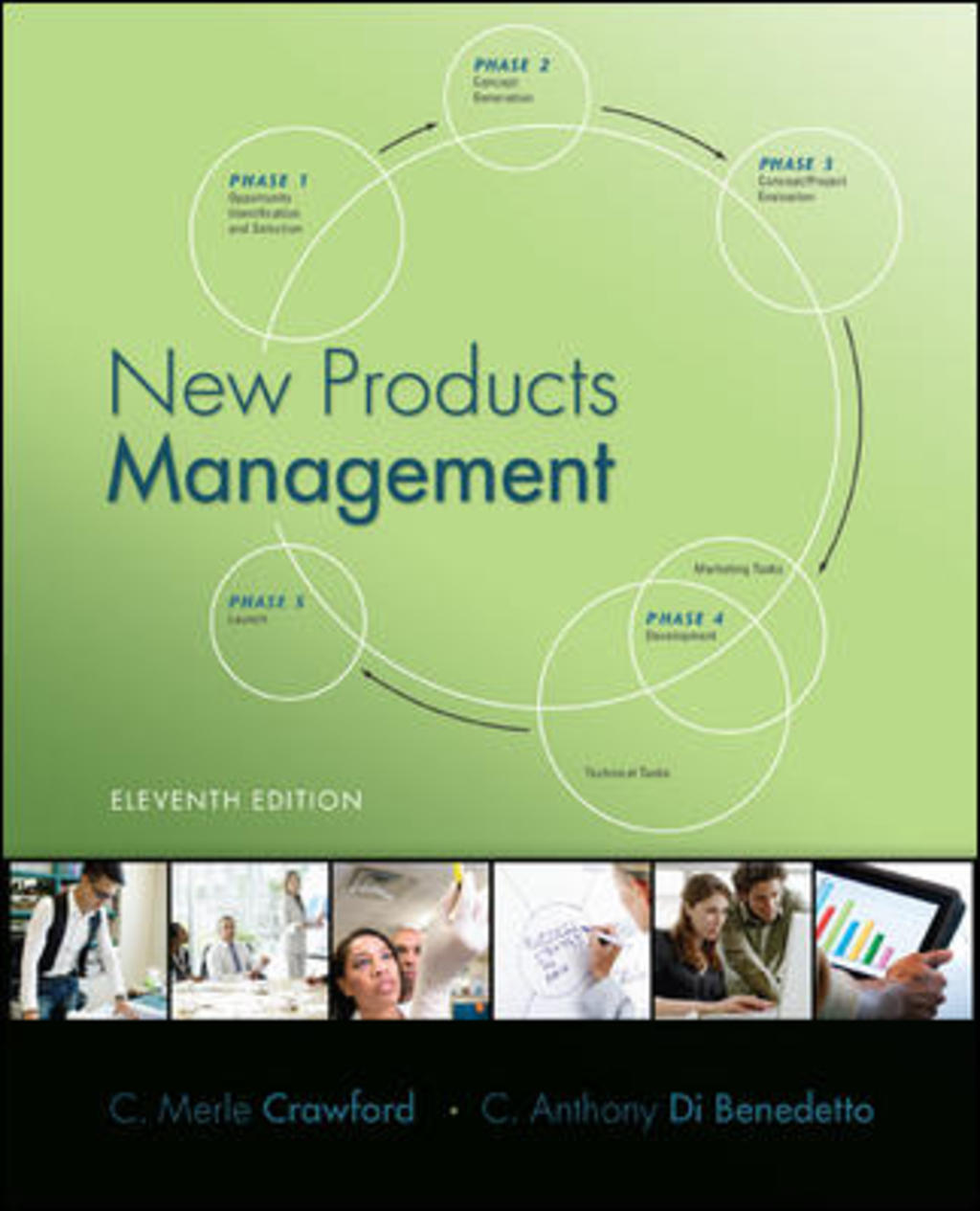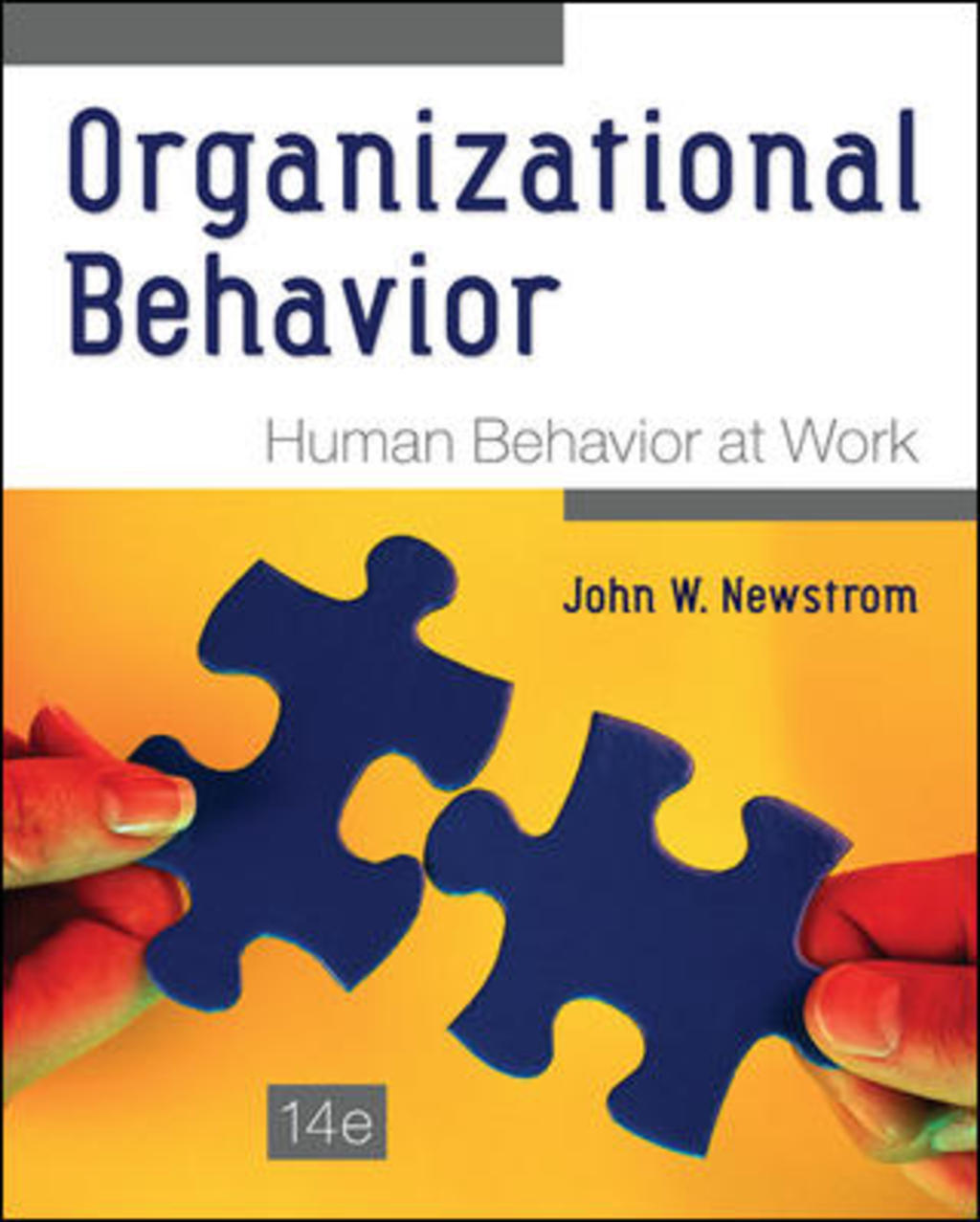Description
The Feminist Alliance Project in Appalachia: Minoritized Experiences of Women Faculty and Administrators in Higher Education illustrates the minoritized experiences of women faculty and administrators in higher education and highlights Appalachia as a geographic and cultural region, a sector in academia that still remains relatively ignored in mainstream feminist studies. This book is based on autobiographical and autoethnographic narratives of diverse women who discuss their similar and unique forms of oppression as students and as professionals in the academic workplace within Appalachia. Their minoritized experiences exemplify women’s relational ties and the need for what the volume editor Alicia Chavira-Prado names the Feminist Alliance Project. Chavira-Prado calls for feminists to develop and enact an allied feminism that transcends class, race, or other artificially constructed borders and identities, as well as the specific subjectivities that have separated feminist groups. The narratives in The Feminist Alliance Project in Appalachia support the claim that white and nonwhite women experience similar minoritization within specific junctures of space, gender, and other identities. They thus show the need to be allies in recognizing and opposing all women’s minoritization in order to end women’s oppression. The book is of interest to women’s studies, Appalachian studies, Latina/x studies, regional studies, American studies, critical theory, cultural anthropology and ethnic studies, autoethnography courses, sociology, philosophy, diversity and inclusion and human resources professionals in higher education, and the general public.

